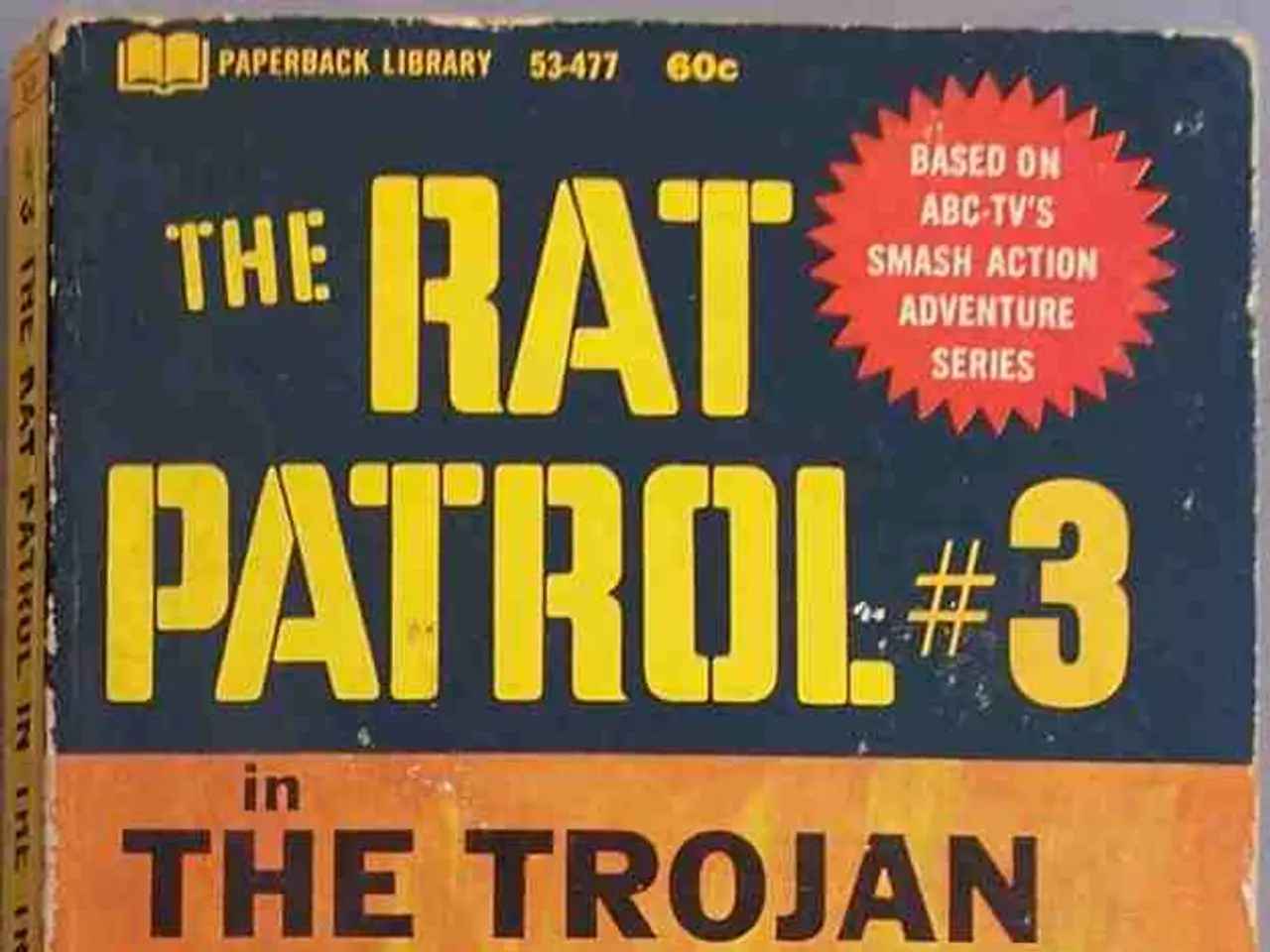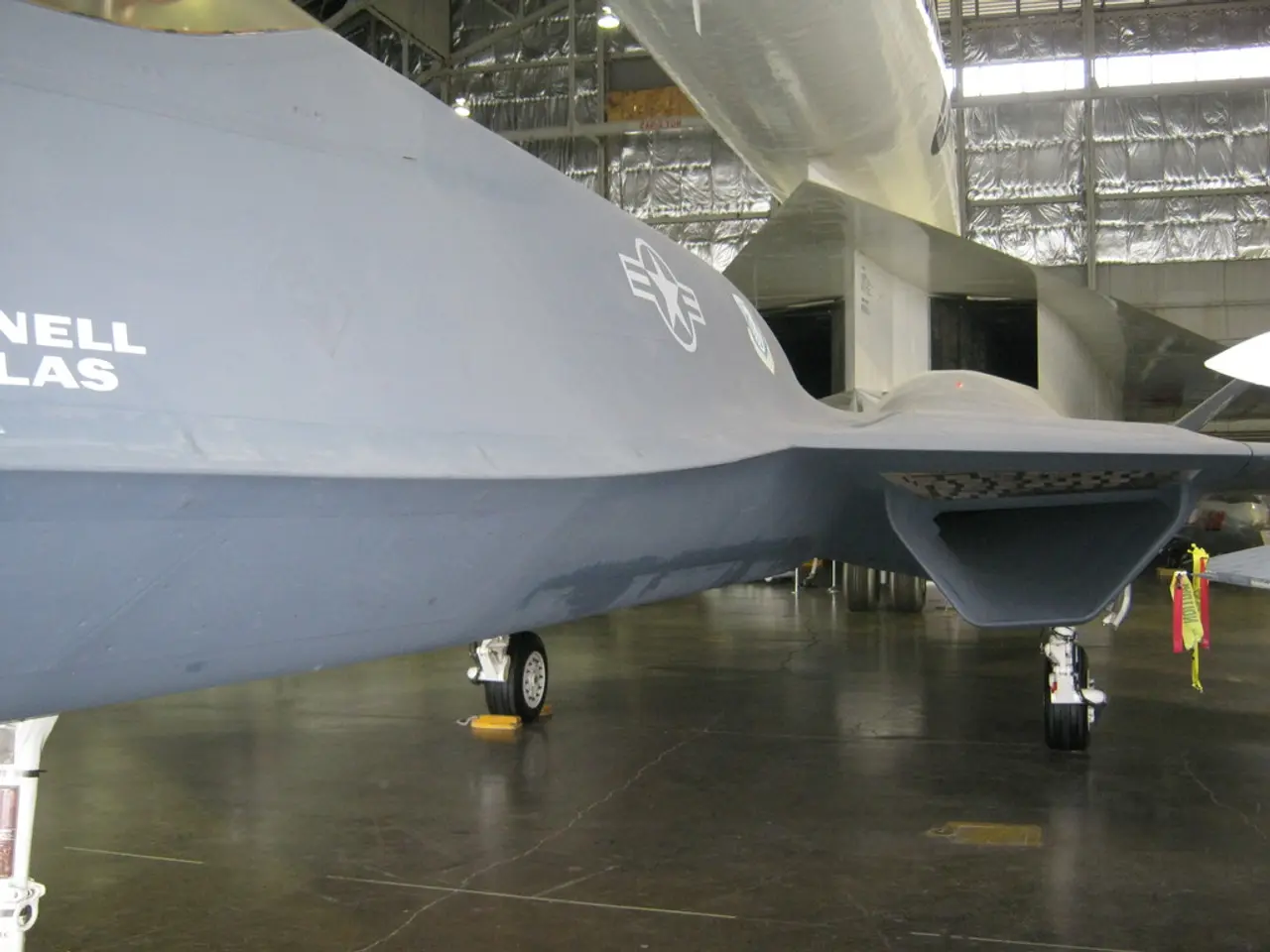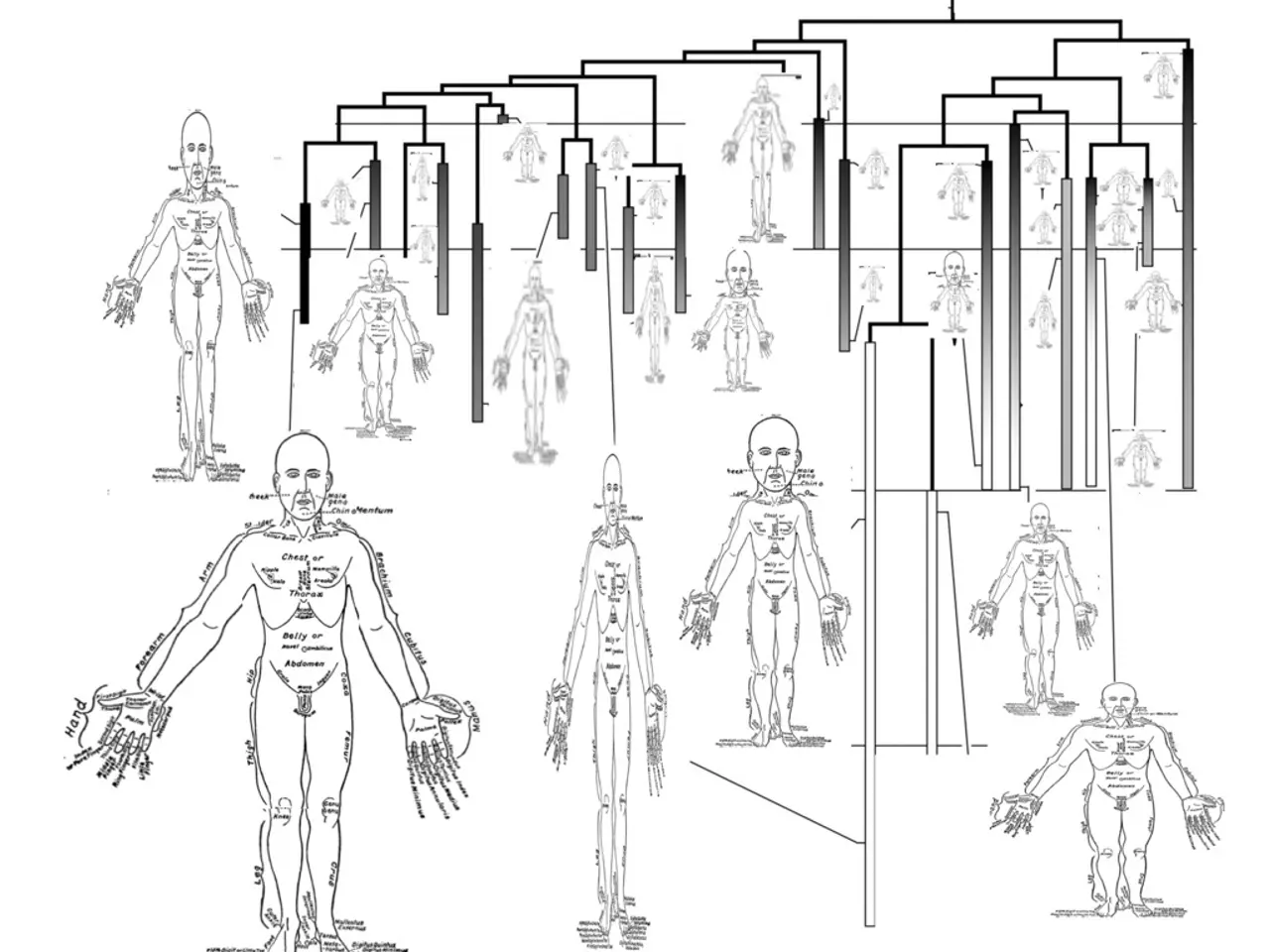Modern Warfare's Preference for Storytelling: The Superiority of Narrative Strategy in contemporary Conflicts
In the realm of military strategy, an Army student is grappling with a common dilemma: the struggle to devise a second plan when the first one appears sound. This conundrum, as Dr. Angus Fletcher, Professor of Story Science at Ohio State's Project Narrative, explains, is akin to the unpredictable nature of war itself – a contest of evolution by natural selection, volatile, uncertain, and running on chaos, emotion, and creativity.
Life, it seems, is continually breaking logic, requiring a second option. And it is here that the animal brain's special mental mechanism, narrative, comes into play. This mental tool, evolved to help us survive threats and leverage opportunities in a hazy world, is often wrong, but it remains an extraordinarily useful mental tool that allows the brain to make tentative plans and predict outcomes.
The first step in the classroom is to restore the student's confidence in his biology, encourage him to reactivate his narrative machinery, and exercise it to grow its potency. The curriculum for improving narrative intelligence, which has been successfully piloted in award-winning coursework at Ohio State's Project Narrative, emphasizes the use of exceptional information, as computers cannot perform narrative tasks.
One approach to training the brain to come up with alternative plans is to engage in deliberate strategic exercises. These include exploring alternatives actively, reframing the problem, testing assumptions, and mindfulness and awareness of thinking patterns. By consciously shifting one's mindset, one can remain open to alternatives, fostering the constructive nature of decision-making where preferences and choices evolve rather than being retrieved fixed from memory.
The innovation of human-AI partnerships is also being explored to optimise the intelligent performance of human-AI systems. This involves training up the narrative skills of AI's human operators and programming AI to shift authority to humans when necessary. Dr. Kenneth Long, associate professor of logistics at the Command and General Staff College, estimates that an emphasis on exceptional information and other narrative processes has the potential to save the US military $30 billion annually in measurable efficiencies.
However, it is important to note that logic and narrative are complementary forms of intelligence. Logic is useful in predictable, information-thick environments, while narrative is more effective in volatile and uncertain environments. The smartest overall strategy for modern militaries is to treat logic and narrative as complementary forms of intelligence, leveraging the strengths of both in different scenarios.
In conclusion, while logic is a potent intellectual aid, it is also fragile due to the limitations of data, evolving rules, and the inability to completely impose its will in life. To navigate the complex and unpredictable world of military strategy, it is crucial to harness the power of our innate narrative abilities, ensuring that we are prepared for the unexpected and can devise effective second plans when necessary.
[1] Goldstein, D. G., & Hogarth, R. M. (2002). The limits of rationality in decision making. Current Directions in Psychological Science, 11(3), 79-83. [2] Kahneman, D., & Tversky, A. (1979). Prospect theory: An analysis of decision under risk. Econometrica, 47(2), 263-292. [3] Osborn, A. F. (1953). Applied imagination: Principles and procedures of creative problem solving. Scribner. [4] Schwartz, B. (2004). The paradox of choice: Why more is less. Ecco. [5] Tversky, A., & Kahneman, D. (1974). Judgment under uncertainty: Heuristics and biases. Science, 185(4157), 1124-1131.
- To enhance military strategy, a focus on narrative intelligence, especially in volatile and uncertain environments, could complement traditional logic-based approaches, potentially saving the US military $30 billion annually in measurable efficiencies, according to Dr. Kenneth Long.
- In military education and self-development, deliberate strategic exercises, such as exploring alternatives, reframing problems, testing assumptions, and mindfulness, can be used to train the brain to come up with alternative plans, fostering a constructive nature of decision-making.
- In the realm of special operations, AI technology is being explored to optimize the intelligent performance of human-AI systems, with an emphasis on exceptional information and narrative processes for improving the ability to devise effective second plans when necessary.
- The innovation in education-and-self-development regards human-AI partnerships, where AI's human operators' narrative skills are trained up, and AI is programmed to shift authority to humans when needed, ensuring a comprehensive, intelligent, and adaptable response in military strategy.




